Table of Contents
- What are Fiber Pills?
- The Role of Fiber in Weight Loss
- Effectiveness of Fiber Pills
- Considerations before Taking Fiber Pills
- Other Natural Sources of Fiber
- Key Takeaways
- Frequently Asked Questions (FAQ)
What are Fiber Pills?
Fiber pills, also known as fiber supplements, are concentrated forms of dietary fiber that are available in the form of capsules or tablets. They are designed to provide the same benefits as consuming fiber-rich foods, such as aiding digestion and promoting bowel regularity.
The Role of Fiber in Weight Loss
Fiber plays a crucial role in weight loss as it adds bulk to the diet without adding excess calories. High-fiber foods make you feel full, reducing hunger pangs and helping you control your calorie intake. Additionally, fiber can slow down the absorption of nutrients, including sugars and fats, leading to better blood sugar control and improved weight management.
Fiber plays a significant role in weight loss as it helps to keep us feeling fuller for longer, which in turn can reduce overall calorie intake. This is because fiber adds bulk to our meals without adding extra calories. So, are fiber pills a good option for weight loss? Let's find out!
Are Fiber Pills Good for Weight Loss?
Fiber pills can be a convenient supplement to boost fiber intake for individuals struggling to get enough through their regular diet. However, it's important to note that fiber pills should not replace whole, natural food sources of fiber such as fruits, vegetables, whole grains, and legumes. These whole foods offer a range of nutrients along with their fiber content, contributing to a balanced diet.
While fiber pills can contribute to weight loss by helping you feel full, they should be seen as an addition to a healthy diet rather than a magic solution. They can be beneficial for individuals with certain medical conditions or specific dietary needs, but it's always recommended to consult a healthcare professional or registered dietitian before adding fiber pills to your weight loss plan.
Furthermore, it's important to stay adequately hydrated when consuming fiber pills as they may absorb water and lead to gastrointestinal discomfort if not consumed with sufficient fluids.
In summary, while fiber pills can assist in weight loss efforts by increasing satiety, they should be used as a supplement and not as a replacement for whole foods. A well-balanced diet consisting of a variety of fiber-rich foods remains crucial for sustainable weight loss and overall health.
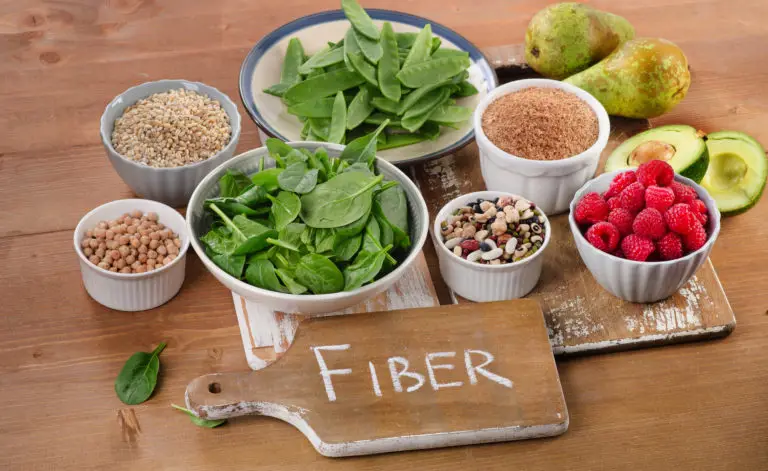
Effectiveness of Fiber Pills
The effectiveness of fiber pills for weight loss varies among individuals. While they can provide a convenient way to increase fiber intake, they should not be relied upon as the sole method for losing weight. Fiber pills should be used as a supplement to a well-balanced diet and a healthy lifestyle that includes regular exercise.
Fiber pills are often marketed as a quick and easy solution for weight loss. They contain concentrated amounts of dietary fiber, which is an essential nutrient for our overall health.
However, it's important to understand that relying solely on fiber pills for weight loss may not be effective or sustainable in the long run.
Fiber plays a significant role in weight management as it helps promote a feeling of fullness and aids in digestion. When consumed as part of a balanced diet, foods rich in fiber, such as fruits, vegetables, whole grains, and legumes, can support weight loss efforts by promoting satiety, regulating blood sugar levels, and improving overall gut health.
Fiber pills, on the other hand, are often a highly processed form of fiber and may lack the additional nutrients found in natural food sources. While they may provide some benefits in terms of fiber intake, they should not be seen as a substitute for a healthy diet and lifestyle.
For effective weight loss, it is important to focus on consuming a variety of whole foods that are naturally rich in fiber, in addition to regular exercise and portion control. This approach ensures that you receive all the essential nutrients, vitamins, and minerals that your body needs for optimal health.
In conclusion, fiber pills can be a useful supplement to support overall fiber intake, but they should not be relied upon as the primary solution for weight loss. Incorporating fiber-rich foods into your diet and maintaining a balanced lifestyle remain the most effective methods for achieving and sustaining weight loss.
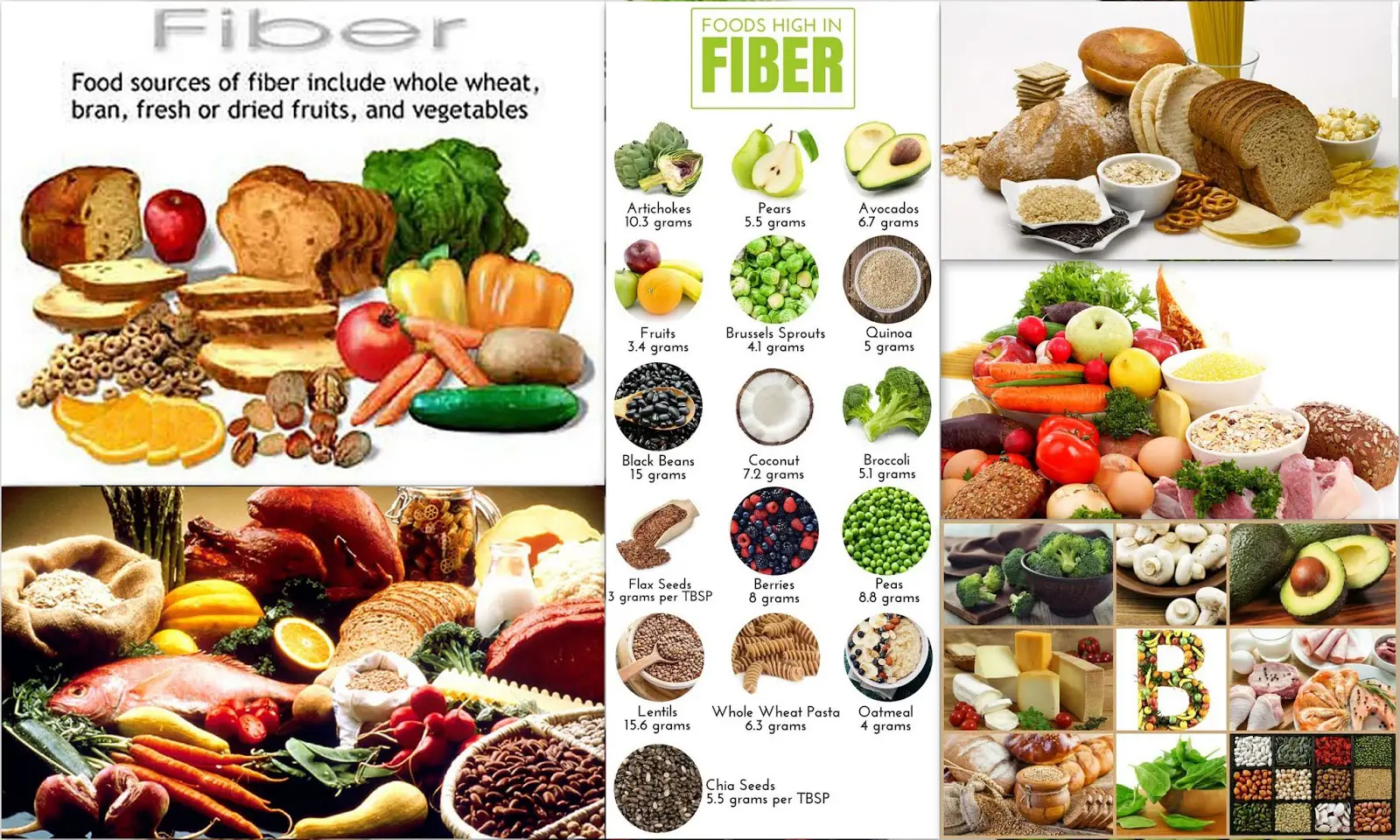
Considerations before Taking Fiber Pills
Prior to taking fiber pills, it is important to consult with a healthcare professional, especially if you have any pre-existing medical conditions or are taking other medications. Additionally, it is crucial to follow the recommended dosage and drink plenty of water when consuming fiber pills to prevent any potential digestive discomfort.
Fiber pills are often promoted as a solution for weight loss. While they can have benefits, there are several considerations you should take into account before incorporating them into your weight loss regimen.
- Consult a healthcare professional: Before starting any new dietary supplement, including fiber pills, it is crucial to consult with a healthcare professional, such as a doctor or registered dietitian. They can evaluate your specific needs and advise you accordingly.
- Set realistic weight loss goals: It's important to have realistic expectations regarding weight loss. While fiber pills may aid in weight management, they are not a magic solution and should be used in combination with a healthy diet and regular exercise.
- Understand the recommended dosage: Fiber pills come with recommended dosages. It's essential to follow these instructions to prevent any potential side effects or digestive issues that may arise from excessive fiber intake.
- Stay hydrated: Fiber requires water to be effective in your digestive system. It's vital to drink an adequate amount of water when taking fiber pills to prevent constipation or discomfort.
- Be mindful of potential side effects: While fiber is generally safe for consumption, some individuals may experience side effects such as bloating, gas, or an upset stomach. If any discomfort persists, it is recommended to discontinue use and consult a healthcare professional.
- Consider natural fiber sources: Instead of relying solely on fiber pills, consider incorporating more natural sources of fiber into your diet, such as fruits, vegetables, whole grains, and legumes. These provide additional nutrients and are generally a healthier option.
Remember, the best approach to weight loss is a combination of a well-balanced diet, regular exercise, and a sustainable lifestyle. While fiber pills may play a role in your weight management journey, it's important to approach their use with caution and consider the aforementioned factors.
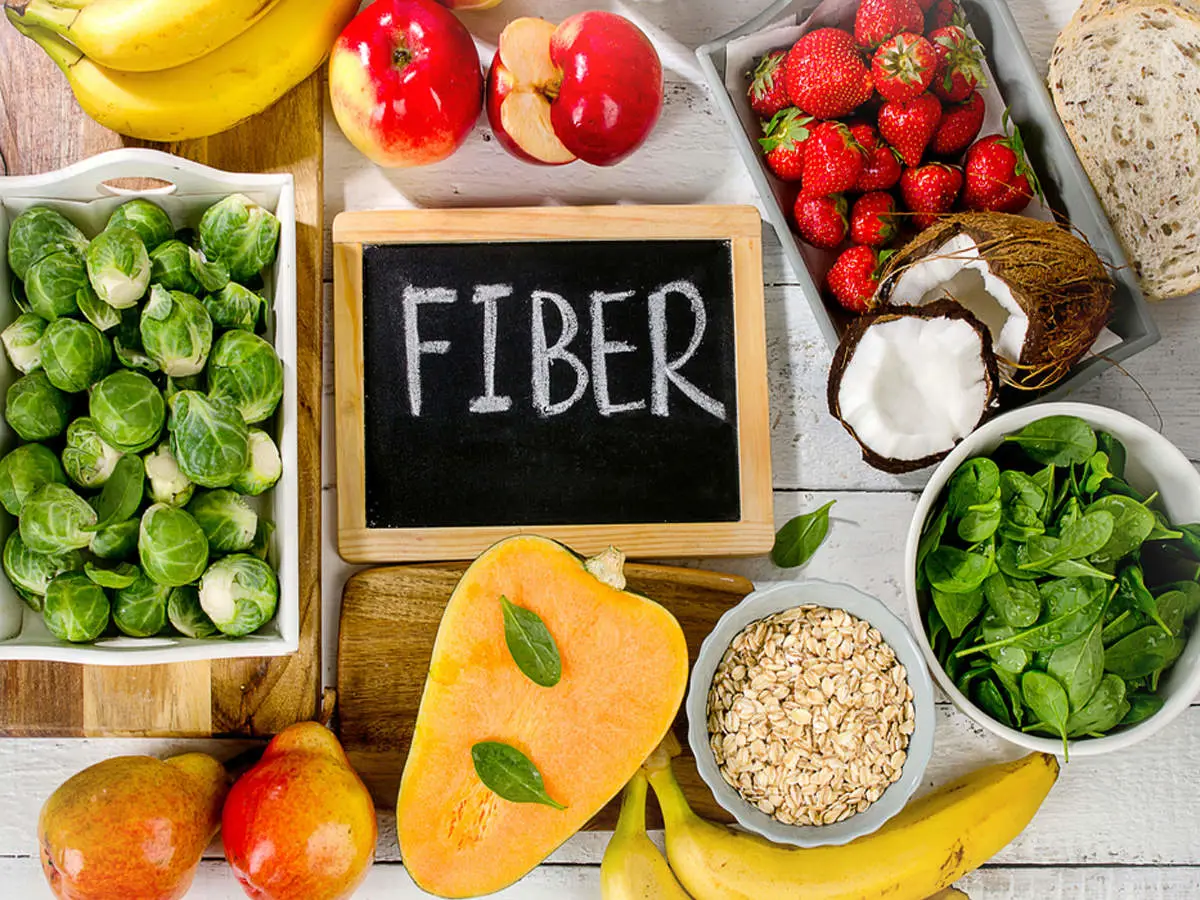
Other Natural Sources of Fiber
While fiber pills can be a convenient option, it's always beneficial to include fiber-rich foods in your diet. Some excellent sources of dietary fiber include fruits, vegetables, whole grains, legumes, nuts, and seeds. These natural sources offer a wide range of additional nutrients and health benefits beyond just fiber.
Fiber is an essential nutrient for maintaining a healthy digestive system and aiding weight loss. While fiber pills are available in the market, it is important to explore other natural sources of fiber as well.
1. Fruits and Vegetables
Fruits and vegetables are excellent sources of fiber. Foods like apples, bananas, oranges, berries, carrots, broccoli, and Brussels sprouts are high in fiber content. Incorporating these into your diet not only boosts your fiber intake but also provides various other essential nutrients.
2. Whole Grains
Whole grains like oats, quinoa, brown rice, and whole wheat are rich sources of dietary fiber. Including these in your meals helps promote digestion and keeps you feeling full for longer, reducing the temptation to overeat.
3. Legumes
Legumes, such as lentils, chickpeas, black beans, and kidney beans, are packed with fiber. They are also an excellent source of plant-based protein. Incorporating legumes into your meals adds a healthy dose of fiber to your diet while promoting satiety.
4. Nuts and Seeds
Nuts and seeds, such as almonds, chia seeds, flaxseeds, and walnuts, contain both fiber and healthy fats. Including them in your diet provides a satisfying crunch and boosts your overall fiber intake.
Are Fiber Pills Good for Weight Loss?
Fiber pills can be convenient for those struggling to meet their daily fiber requirements through diet alone. They can aid weight loss by promoting a feeling of fullness, reducing hunger pangs, and regulating bowel movements. However, relying solely on fiber pills may not be as beneficial as obtaining fiber from natural food sources.
Whole foods not only provide fiber but also essential nutrients, vitamins, and minerals that are beneficial for overall health. Additionally, natural sources of fiber often contain other compounds that contribute to better digestion and gut health.
In conclusion, while fiber pills can supplement your fiber intake, it is recommended to prioritize a diet rich in fruits, vegetables, whole grains, legumes, nuts, and seeds for maximum benefits. Combining these natural sources of fiber with an overall balanced diet and regular exercise is the key to successful weight loss.
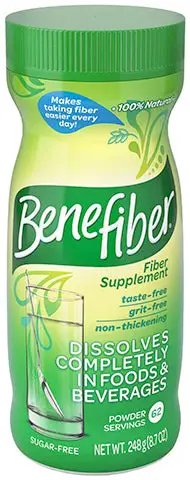
Key Takeaways
- Fiber pills are concentrated forms of dietary fiber available in capsule or tablet form.
- Fiber plays a crucial role in weight loss by promoting satiety and aiding digestion.
- Fiber pills should not replace a well-balanced diet and a healthy lifestyle.
- Consult a healthcare professional before starting any new supplement.
- Other natural sources of fiber include fruits, vegetables, whole grains, legumes, nuts, and seeds.
Frequently Asked Questions (FAQ)
- Q: Can fiber pills cause side effects?
A: Some individuals may experience bloating, gas, or an upset stomach when taking fiber pills. Drinking enough water can help minimize these effects. - Q: How much fiber should I consume daily?
A: The recommended daily fiber intake is around 25-38 grams for adults. However, it is advisable to consult with a healthcare professional to determine the right amount for you. - Q: Can fiber pills replace a healthy diet?
A: No, fiber pills should not replace a healthy diet. They should be used as a supplement to a balanced diet that includes a variety of whole foods.
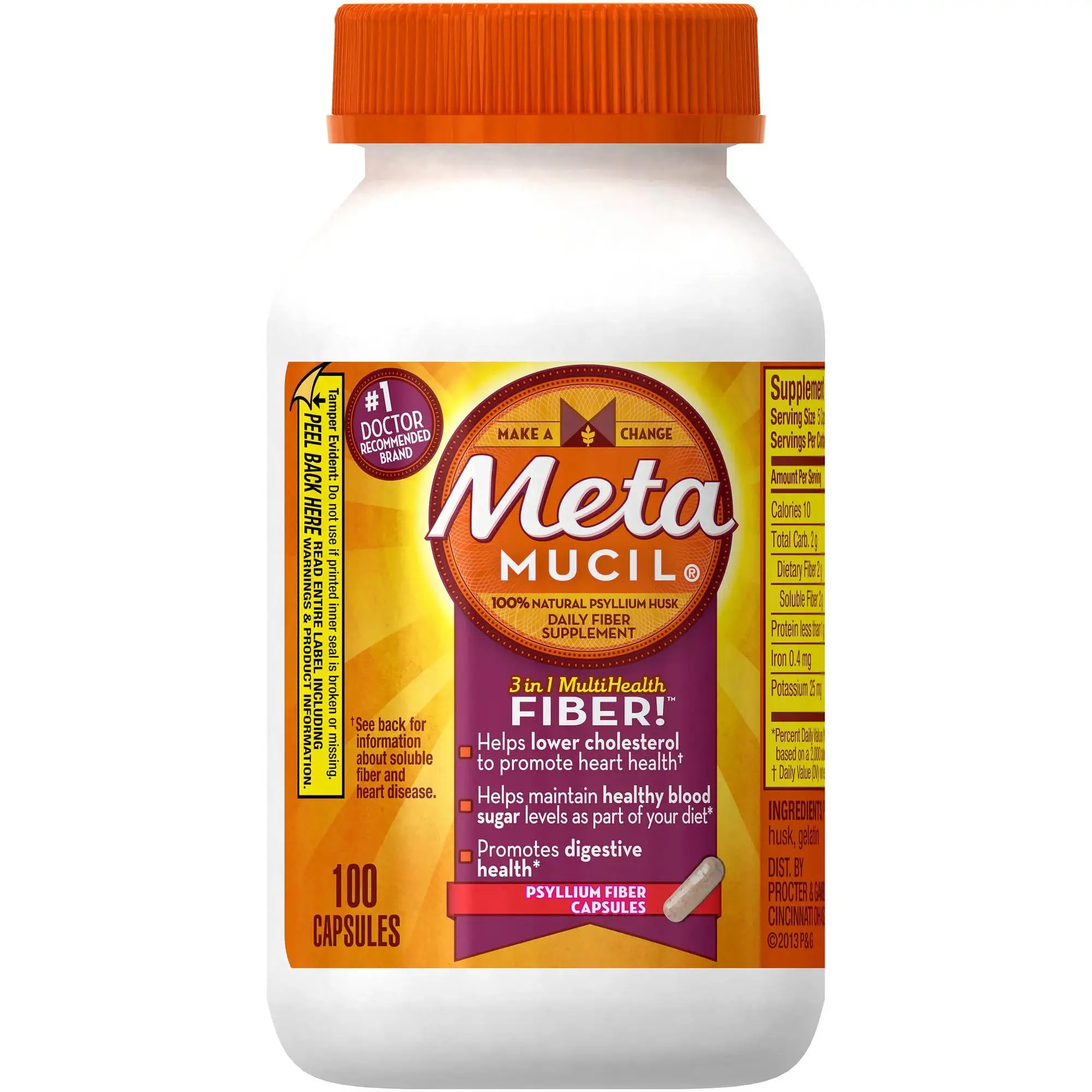


Recent Comments